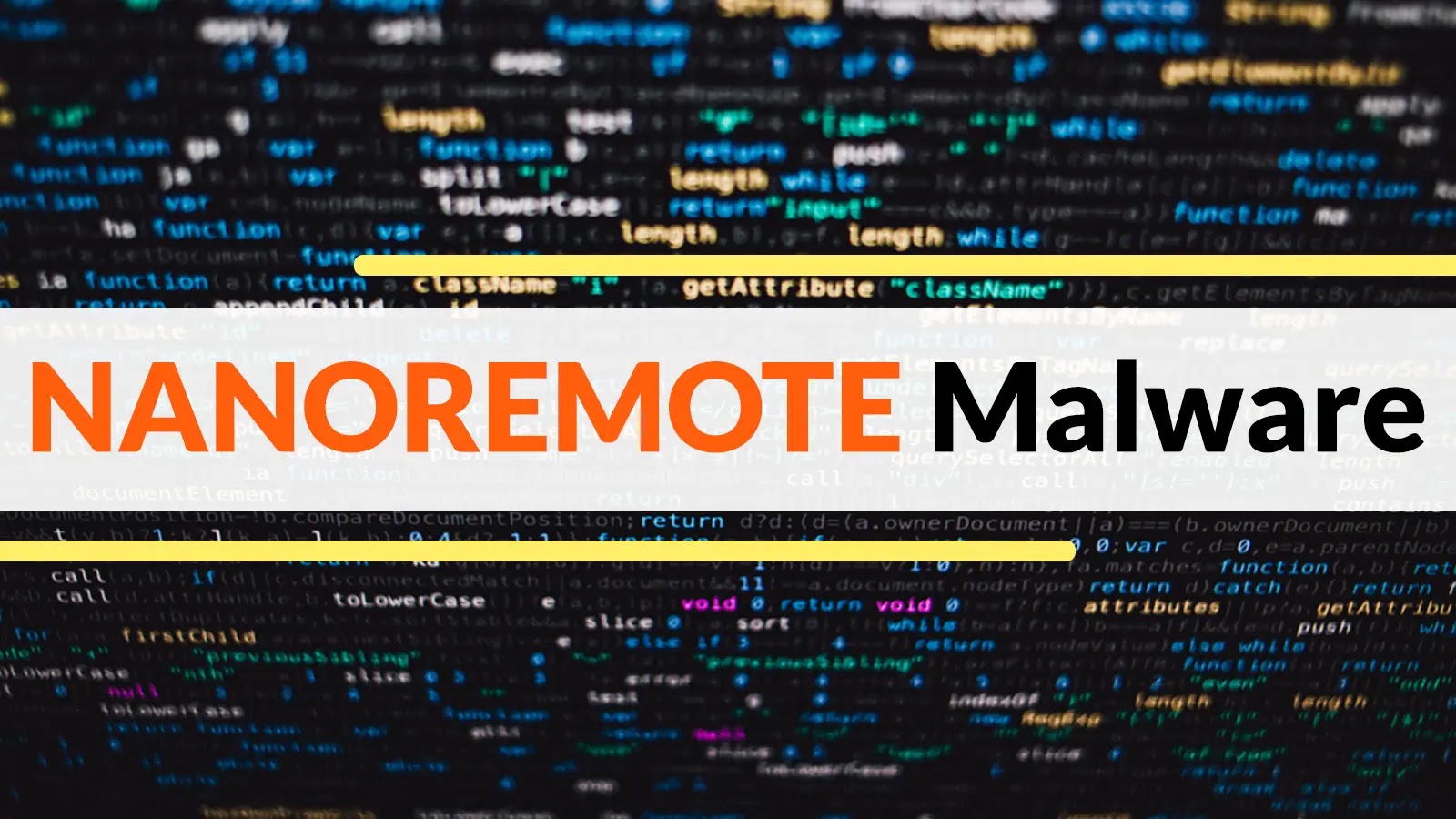In recent years, ransomware attacks have surged, causing significant financial and operational disruptions worldwide. Law enforcement agencies have intensified efforts to combat these cybercrimes, leading to several high-profile arrests and dismantling of notorious ransomware groups. This article delves into some of the most significant cases, highlighting the collaborative efforts to bring cybercriminals to justice and the broader implications for global cybersecurity.
The LockBit Takedown
In December 2024, the United States charged Rostislav Panev, a Russian-Israeli dual citizen, for his alleged involvement with the LockBit ransomware group. Panev, arrested in Israel in August 2024 and awaiting extradition, was identified as a developer for LockBit from its inception in 2019 until at least February 2024. LockBit, known for its ransomware-as-a-service model, has been linked to attacks on over 2,500 victims across 120 countries, resulting in at least $500 million in extortion payments. The group’s targets included businesses, hospitals, schools, critical infrastructure, and government agencies. This arrest followed the guilty pleas of two Russian LockBit members and the seizure of LockBit websites by international law enforcement earlier in 2024, significantly hindering the group’s activities and reputation within the cybercriminal community. ([reuters.com](https://www.reuters.com/technology/cybersecurity/us-charges-russian-israeli-dual-national-tied-lockbit-ransomware-group-2024-12-20/?utm_source=openai))
Operation Cronos: A Global Effort
In February 2024, Operation Cronos, an international law enforcement initiative led by Britain’s National Crime Agency (NCA) and the FBI, successfully dismantled the LockBit ransomware gang. This notorious group had targeted over 2,000 victims globally, extorting more than $120 million in ransom payments. Two Russian nationals, Artur Sungatov and Ivan Kondratyev, were charged in connection with deploying LockBit ransomware. The operation, involving ten countries, managed to seize control of LockBit’s infrastructure, websites, source code, and decryption keys. Authorities transformed LockBit’s own website to release the gang’s internal data, effectively locking out the cybercriminal group. In addition to arrests, 34 servers were seized, 200 cryptocurrency accounts frozen, and 14,000 rogue accounts closed. LockBit’s operations had caused significant financial damage globally, with victims including major corporations like Boeing and Britain’s Royal Mail. ([reuters.com](https://www.reuters.com/technology/cybersecurity/us-indicts-two-russian-nationals-lockbit-cybercrime-gang-bust-2024-02-20/?utm_source=openai))
Phobos Ransomware Crackdown
In February 2025, Europol announced the arrest of four Russian nationals suspected of using Phobos ransomware to extort payments from victims across Europe and other regions. The arrests were the result of coordinated operations involving law enforcement from 14 countries and led to the dismantling of 27 servers connected to the ransomware network. This crackdown is part of a broader effort to combat Phobos ransomware, following previous key arrests, including an administrator in South Korea and another affiliate in Italy. Europol noted that the Phobos ransomware often targets small to medium-sized businesses that may lack robust cybersecurity measures. Through these actions, law enforcement has been able to warn over 400 companies globally about potential or ongoing ransomware threats. ([reuters.com](https://www.reuters.com/technology/cybersecurity/four-russians-arrested-phobos-ransomware-crackdown-europol-says-2025-02-11/?utm_source=openai))
8Base Ransomware Group Arrests
In February 2025, authorities arrested four individuals connected to the 8Base ransomware gang and seized 27 of their servers. This gang had targeted organizations in the U.S. and Brazil, utilizing a double-extortion model. The arrests marked a substantial win for international law enforcement in the fight against ransomware. ([axios.com](https://www.axios.com/newsletters/axios-codebook-253060f0-e767-11ef-8a73-75c713d99921?utm_source=openai))
REvil Ransomware Operators Apprehended
In November 2021, Romanian authorities arrested two individuals linked to the use of REvil ransomware, a prolific hacking group tied to attacks on several major American companies. The two individuals were alleged to be behind more than 5,000 cyberattacks and had gained more than half a million Euros in ransomware payments made by victims. These arrests were part of an international effort between 17 countries, Europol, Eurojust, and INTERPOL to go after individuals behind the REvil ransomware group. ([thehill.com](https://thehill.com/policy/cybersecurity/580545-international-coalition-arrests-hackers-linked-to-thousands-of/?utm_source=openai))
Kaseya VSA Ransomware Attack
In July 2021, a number of managed service providers (MSPs) and their customers became victims of a ransomware attack perpetrated by the REvil group, causing widespread downtime for over 1,000 companies. The attack was carried out by exploiting a vulnerability in VSA (Virtual System Administrator), a remote monitoring and management software package developed by Kaseya. Two suspects were identified and one sentenced in connection with this attack. ([en.wikipedia.org](https://en.wikipedia.org/wiki/Kaseya_VSA_ransomware_attack?utm_source=openai))
North Korean Hacker Charged
In July 2024, a grand jury in Kansas City, Kansas, returned an indictment charging North Korean national Rim Jong Hyok for his involvement in a conspiracy to hack and extort U.S. hospitals and other health care providers, launder the ransom proceeds, and then use these proceeds to fund additional computer intrusions into defense, technology, and government entities worldwide. Their ransomware attacks prevented victim health care providers from providing full and timely care to patients. ([justice.gov](https://www.justice.gov/archives/opa/pr/north-korean-government-hacker-charged-involvement-ransomware-attacks-targeting-us-hospitals?utm_source=openai))
NetWalker Ransomware Operator Sentenced
In 2024, a Canadian IT employee was identified as the leading affiliate of the NetWalker ransomware gang, with over 150 versions of NetWalker ransomware customized for each victim. The gang was busted in January 2021, when authorities arrested the individual and later shut down NetWalker’s dark web system. The individual was extradited to the U.S. from Canada, where he was arrested and sentenced to seven years in prison. ([cybernews.com](https://cybernews.com/news/hacker-sentenced-to-prison-ransomware/?utm_source=openai))
Ukrainian Ransomware Gang Arrested
In November 2023, European cyber police arrested a 32-year-old suspected of being the ringleader of a ransomware gang operating in Ukraine. In raids across the country, authorities seized laptops and arrested four other alleged hackers. The gang was accused of successfully extorting several hundred millions of euros from victims in 71 countries. ([bbc.com](https://www.bbc.com/news/technology-67556607?utm_source=openai))
Conclusion
These arrests and operations underscore the global commitment to combating ransomware and cybercrime. The collaborative efforts of international law enforcement agencies have led to significant disruptions in the operations of major ransomware groups, highlighting the importance of continued vigilance and cooperation in the fight against cyber threats.



